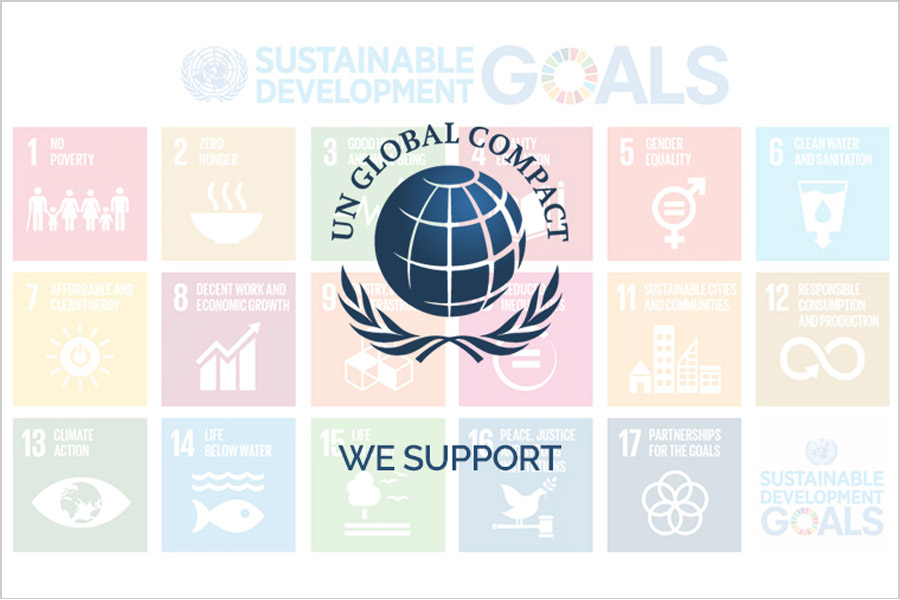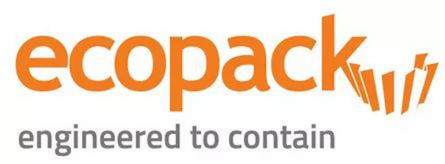2.4 min read
Ecopack joined the UN Global Compact

This is our way to contribute to achieving the Sustainable Development Goals set out in the United Nations 2030 Agenda.
Anyone who knows our company knows that environmental protection is one of our top priorities: every year, we invest a lot of resources in researching and developing increasingly eco-friendly packaging solutions.
We aim to reduce our environmental impact while offering our customers products of the highest quality, with excellent technical characteristics, usable both at high and low temperatures and suitable for contact with food.
Joining the Global Compact Network Italy is another step forward for our company towards the well-being of the planet.
The UNGC and the Italian network
The UN Global Compact is a voluntary initiative to support the implementation of the United Nations sustainability goals.
The Global Compact Network Italy was established in 2013 as a foundation through which the United Nations Global Compact operates in our country.
One of the main goals of the organisation is to promote the Ten Principles of the Global Compact within our country, in addition to the commitment to implementing the 2030 Agenda which strives to eradicate extreme poverty, spread peace and promote prosperity and human self-development.
The Ten Principles of the Global Compact
The goal of the Global Compact is to promote a sustainable world economy for everyone to enjoy, by encouraging companies to set up a constructive economic, social and environmental framework.
All the companies and organisations that join the pact, including Ecopack, share, advocate and enact its fundamental principles regarding human rights, labour standards, environmental protection and the fight against corruption.
The principles that underpin these rules are universally accepted – they derive from the Universal Declaration of Human Rights, the ILO Declaration, the Rio Declaration and the United Nations Convention against corruption.
The 2030 Agenda for Sustainable Development
The United Nations General Assembly approved the 2030 Agenda for Sustainable Development on 25 September 2015, with the participation of 150 international leaders.
The Agenda comprises 17 goals and 169 targets to be achieved by 2030.
Its goal is to set out global priorities related to the people, the planet, prosperity and peace while providing indicators to assess the sustainability performance of all the stakeholders involved in the project. With one goal: changing the world.









